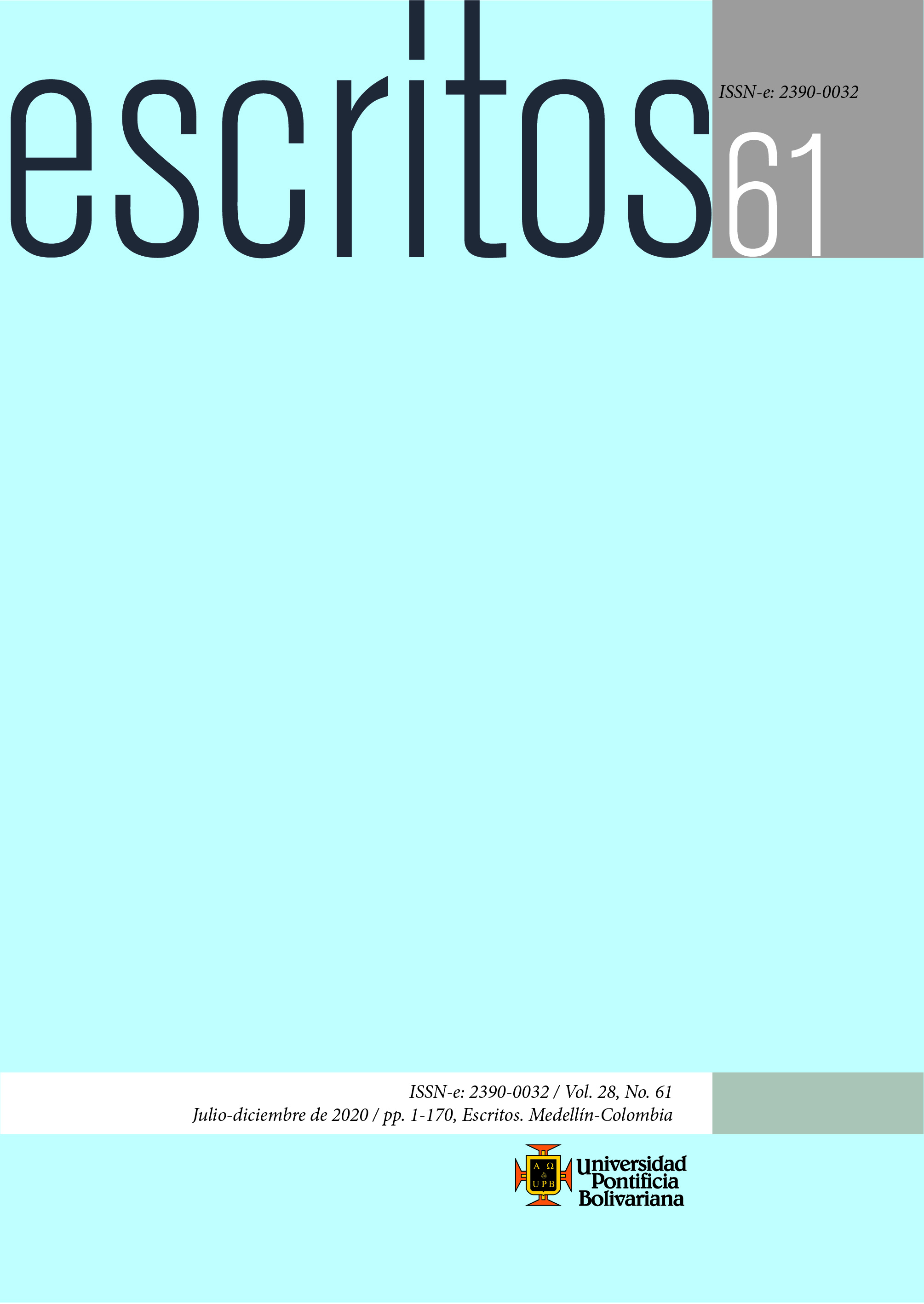Stoic Ethics as a Guide to the Political Life in Marcus Aurelius
Conteúdo do artigo principal
Resumo
Marcus Aurelius reigned from 161 A.D. to 180 A.D., and he ranks among the most successful emperors of the antonine dynasty. The success of his administration may be attributed to his philosopher personality and, more than that, to his stoic character. Meditations presents thoughts of a stoicism devotee, which reflects in moments of intimacy on the challenges that he faced throughout his life as an emperor. It is in the practice of the ethical precepts of stoicism that he finds his refuge. The text consists of a series of spiritual exercises which reaffirm the indifference to pleasures, contempt for fame, detachment from riches and abnegation for political power. This paper is a study of Meditations, and its main purpose is to elucidate how the stoic way of life is incorporated in the figure of the philosopher emperor; this, as a military function, as he was a commander of the Roman army in the war against the Nordics, where political virtue was tested. Amid the chaos of an insane struggle for the survival of Rome, he found in stoicism a precious source of inspiration. Marcus Aurelius was not dazzled by the cult of the emperor's personality; he acted for the natural right to freedom and guided his political actions for the common good. His stoic perseverance reveals itself in a harmonious conduct with the city, the rational and cosmic organism from which the emperor is a simple part.
Referências
Birley, Anthony. Marcus Aurelius: a biography. London: Routledge, 1987.
Cicero. De Officiis. Translation by Walter Miller. New York: The Loeb Classical Library, 1913. https://doi.org/10.4159/DLCL.marcus_tullius_cicero-de_officiis.1913
Diogenes Laertius. Lives of eminent philosophers. Translation by Robert Hicks. London: The Loeb Classical Library, 1925. https://doi.org/10.4159/DLCL.diogenes_laertius-lives_eminent_philosophers_book_vi_chapter_2_diogenes.1925
Epictetus. Epicteti Dissertationes ab Arriano digestae. Heinrich Schenkl. Editor. Leipzig. B. G. Teubner. 1916.
Epictetus. The Enchiridion. Translated by Thomas Higginson. Boston: Little, Brown, and Company, 1891.
Fontaine, Françoise. Marc Aurèle. Paris: Editions de Fallois, 1991.
Gagin, François. “El yo y los otros: la estilización de sí y de las figuras al margen de la filosofía en las meditaciones de Marco Aurelio”. Diálogos 51, no. 105 (2020): 93-102.
Hadot, Pierre. Exercices Spirituels et Philosophie Antique. Paris: Éditions Albin Michel, 2002.
Hadot, Pierre. La Citadelle Intérieure: Introduction aux Pensées de Marc Aurèle. Paris: Librairie Arthème Fayard, 1992.
Lombardini, John. “Stoicism and the virtue of toleration”. History of Political Thought 36, no. 4 (2015): 643-669.
Marcus Aurelius. M. Antonius Imperator Ad Se Ipsum. Jan Hendrik Leopold. in aedibus B. G. Teubneri. Leipzig. 1908.
Marcus Aurelius. Meditations. Translation by Arthur Farquharson. London: Collector’s Library, 2011.
Nascimento, Savaget and Matos, Andityas. Stoicism and Roman law: the rescripts of emperor Marcus Aurelius on family law and the law of liberty. Athens: ATINER'S Conference Paper Series (2014): 1-14.
Noyen, Paul. “Marcus Aurelius, the greatest practician of stoicism”. In: L'antiquité classique, Tome 24, fasc. 2 (1955): 372- 383. https://doi.org/10.3406/antiq.1955.3266
Grimal, Pierre. Marc Aurèle. Paris: Libraire Arthème Fayard, 1991.
Wolf, Edita. “Marcus Aurelius and non-tragic living”. Graeco-Latina Brunensia 20, no. 2 (2015): 189-198.






